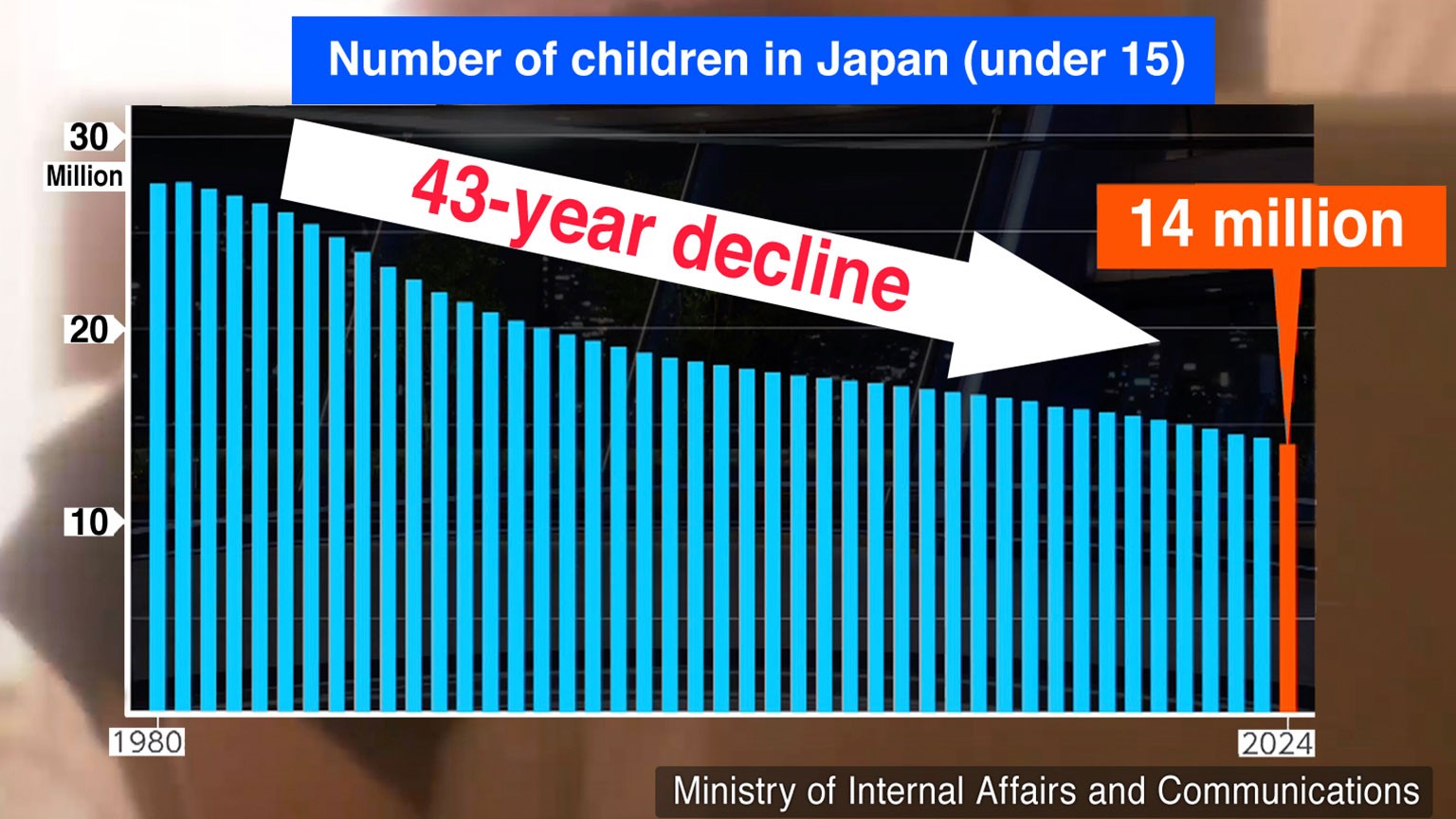The graph above shows how this number has changed since 1980. Internal Affairs Ministry data shows that the figure as of April 1st this year was down about 330,000 from a year ago. The number was 27.5 million in 1980, and 29.8 million in 1955, but it has been on the decline since 1982.
The ratio of children to the total population also hit a record low of 11.3 percent, down 0.2 percentage points from last year, marking the 50th straight year of decline since 1975. The ratio was over 30 percent in the 1950s.
Many Children's Day events were held across the country over the weekend. But some have become difficult to sustain.
In Shikokuchuo City in Ehime Prefecture on Saturday, local children marched along the streets pulling the Taiko Dai festival float. But this is the last time the event will be held because there are simply not enough children being born.
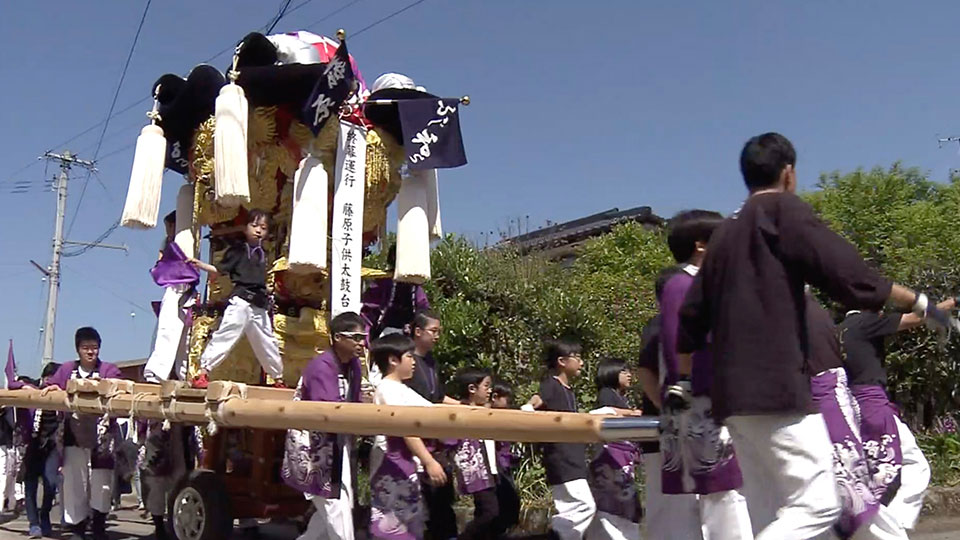
Okinawa has highest ratio of children
The ratio of children to the total population differs by area. Akita Prefecture saw the lowest figure at 9.1 percent, with Aomori Prefecture at 10 percent. But the southern prefecture of Okinawa marked the highest at 16.1 percent.
Some parents there say they feel a sense of cooperation in bringing up children.
In the village of Yomitan, Nishihira Miyuki and her husband Yoshimasa are raising four children aged 4 to 14.
On some weekdays, they both may work late, so Miyuki's mother, who lives with them, helps out.
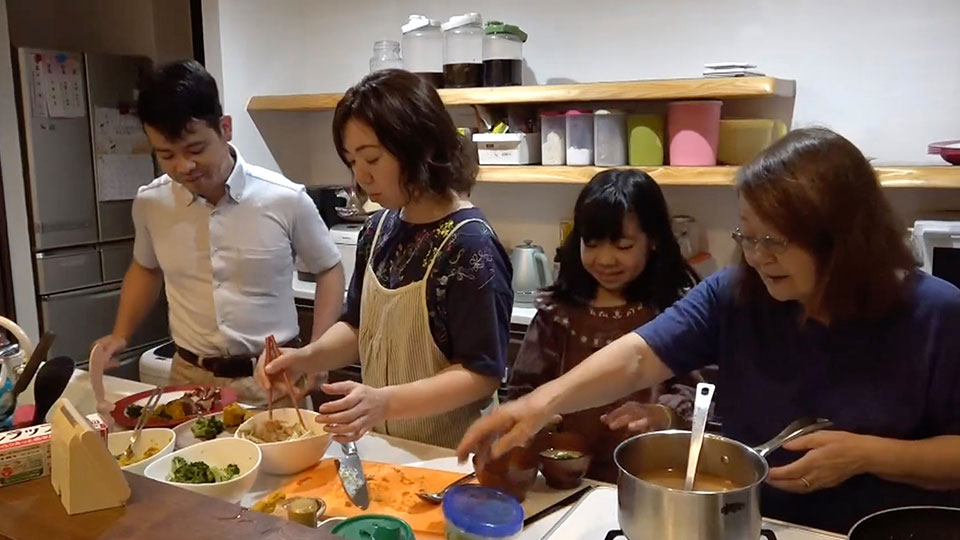
Sometimes, Miyuki's colleague Hirayama Mami picks up her daughter at the daycare center and has her dine with the family.
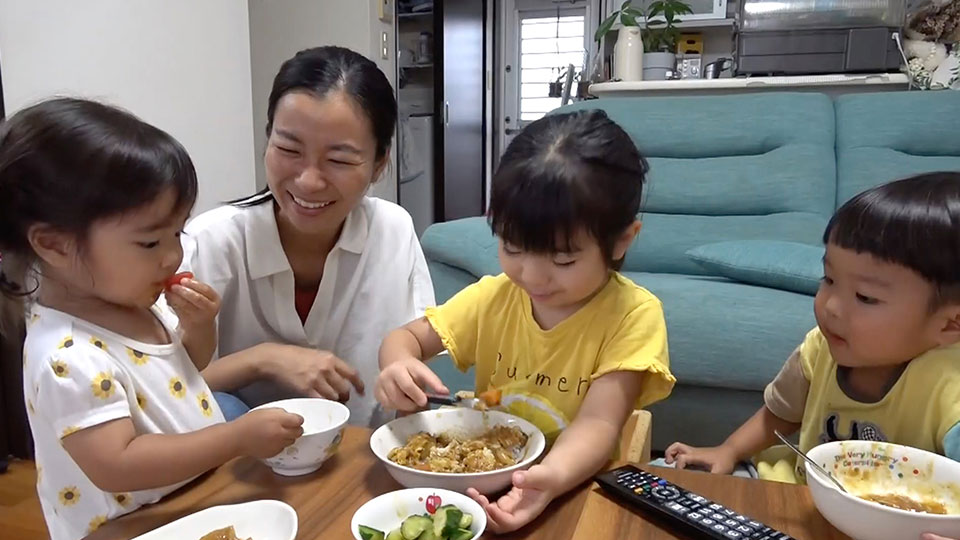
Hirayama says she recognizes the importance of having a network of friends in child-rearing. She says she does what she can to help others, so she can pay back the favors she herself received.
Nishihira says communities in Okinawa share the culture of "Yuimaru," which means to connect and help each other. She says everyone has these values — and helping comes naturally.
Okinawa tries to attract more people
Even in Okinawa Prefecture, however, the number of children began to fall in 2022.
Several communities are now taking measures to encourage more people to relocate from other prefectures.
Tomigusuku City, for example, set up three childcare support centers, both public and private. They are designed to help the locals, as well as newcomers to the community.
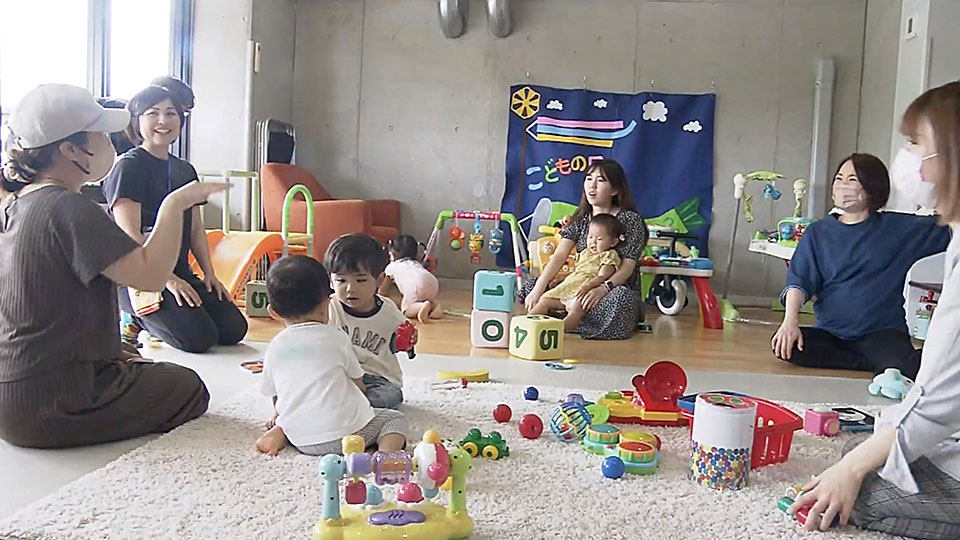
Watanabe Yukina is a mother who exchanges information with other parents at a childcare support center. Watanabe, originally from Tokyo, moved to Tomigusuku City last year because her husband was transferred. She has a one-year-old daughter and is pregnant with her second child. Unlike other places where she had lived while raising her daughter, she says people in Okinawa often speak to her in a friendly manner. She says that the culture of raising children with the cooperation of the whole community has taken root there. Watanabe thinks she can also feel positive about bringing up her second child.
Expert: Measures needed to supplement changing times
Motomura Makoto, a professor at the University of the Ryukyus, points out that the key behind this environment in Okinawa is that people tend to prioritize their children when they think about how to lead their daily lives.
But he believes things are changing even in Okinawa.
He says Okinawa's "Yuimaru" tradition of helping each other remains even in urban areas, but there is a noticeable decline. He says local governments must come up with measures to supplement the loss of this tradition by providing public services and encouraging the private sector to offer such support.
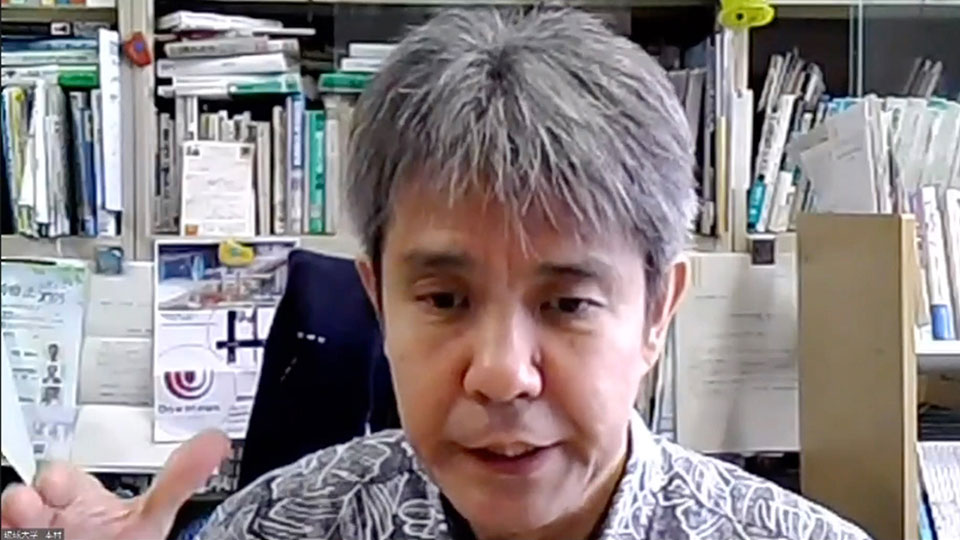
Motomura believes creating a new framework to support parents is an urgent issue, especially in areas with declining populations.
